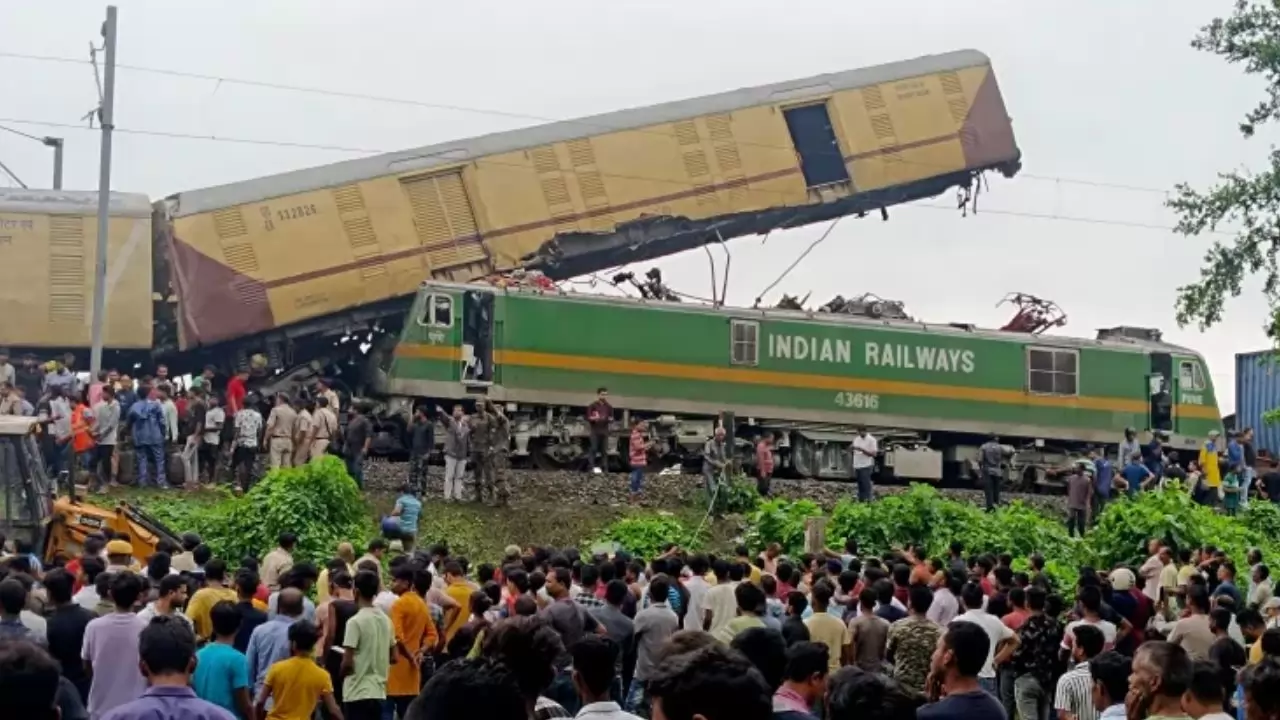
X
In the wake of a tragic accident involving the Kanchanjunga Express, the Indian Railways has announced an ambitious plan to hire 18,000 new loco pilots. This move is part of a broader effort to enhance safety on the nation's extensive railway network. The accident, which recently occurred, resulted in significant casualties and injuries, prompting a nationwide call for improved railway safety measures. The Kanchanjunga Express derailment highlighted several critical issues, including the need for better-trained staff and updated safety protocols.
One of the key factors contributing to the accident was a shortage of trained loco pilots. Overworked and understaffed, many drivers face long hours and intense pressure, which can lead to mistakes. By hiring 18,000 additional loco pilots, the Railways aim to reduce these pressures, ensuring that trains are operated by well-rested and adequately trained personnel. In addition to hiring new staff, the Railways will implement enhanced training programs. These programs are designed to keep loco pilots up-to-date with the latest safety practices and technologies. Training will cover various aspects, from basic operational procedures to advanced emergency response techniques.
To further bolster safety, the Railways is investing in advanced technology. This includes installing more sophisticated signaling systems, automated warning mechanisms, and improved track maintenance equipment. These technological upgrades are crucial in preventing accidents and ensuring smoother operations.
Support for the families of those affected by the Kanchanjunga Express accident has been a priority. The Railways have committed to providing compensation and assistance to victims' families. Additionally, they are focusing on the well-being of their employees by ensuring better working conditions and support systems.
This initiative is part of a long-term strategy to transform Indian Railways into one of the safest rail networks in the world. Plans include continuous monitoring of track conditions, regular maintenance schedules, and the adoption of global best practices in railway management.
Public reaction to the announcement has been largely positive, with many expressing relief that significant steps are being taken to prevent future accidents. The commitment to hiring more local pilots and enhancing safety measures reflects the Railways' dedication to passenger safety and operational excellence. As the Indian Railways moves forward with these plans, the hope is that such accidents will become a thing of the past, ensuring a safer and more reliable travel experience for millions of passengers.





Copyright © 2026 Top Indian News
